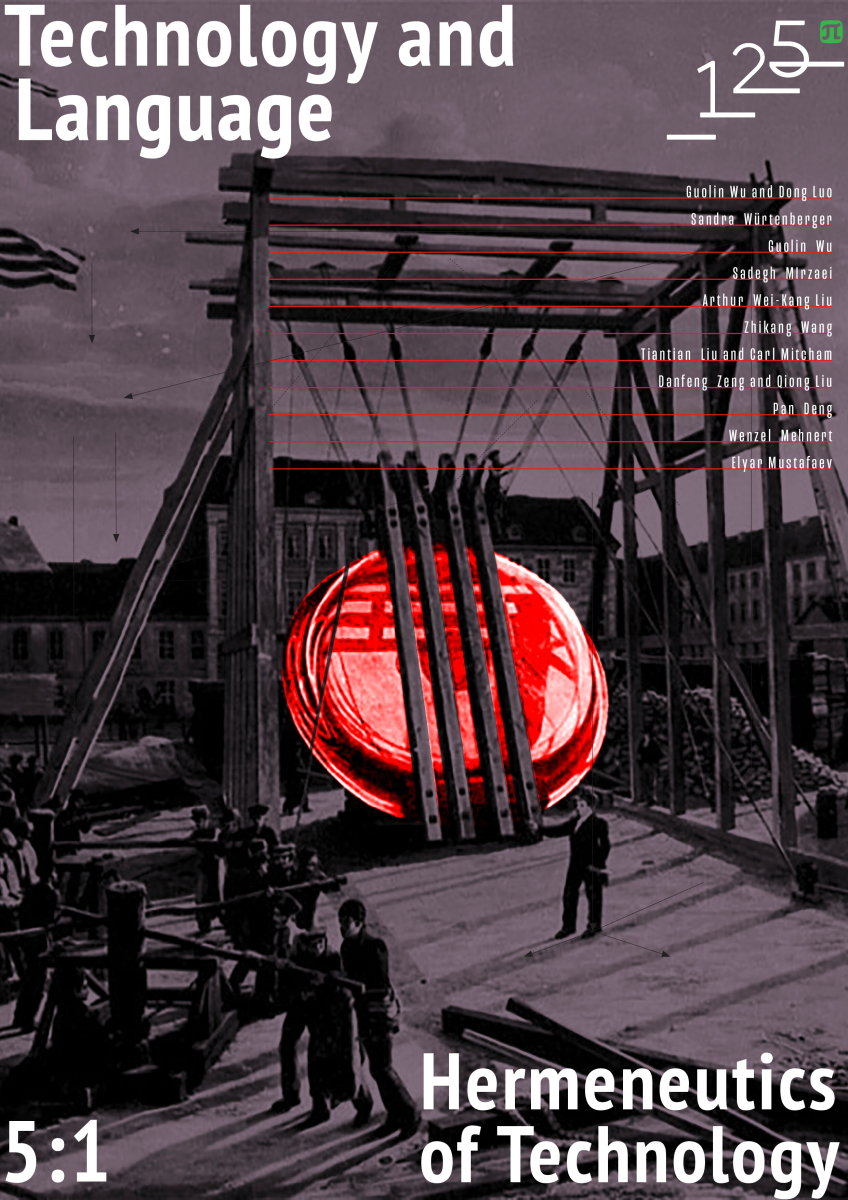Deep Technogrammar: A Wittgensteinian Approach Towards a Philosophy of Technology
This paper compares two conceptions of a grammatical analysis of technology (technogrammar) based on a Wittgensteinian analysis of language. The first theory, syntactical technogrammar, proposed by Alfred Nordmann by mainly drawing on the Tractatus, only concerns syntactical rules of composition. The second one, deep technogrammar, introduced by Mark Coeckelbergh and based on the later work of Wittgenstein, adds to this the dimension of depth which describes less transparent transcendent rules which account for the social embeddedness of the meaning of words as well as things. The two approaches are parallelised with two interpretations of what Wittgenstein means by grammar, one reducing it to occasion-insensitive surface-level rules and the other one accounting for a new dimension of grammar introduced in the Philosophical Investigations. Furthermore, the notion of depth is problematised as it evokes a metaphysical feeling. It is shown that depth grammar needs to be considered as transcendental, but not transcendent as its rules are constituted by concrete social practice. The implicit character of rules concerning depth grammar naturally arises from the problem of rule-following. It is concluded that surface technogrammar fails to properly describe certain aspects of technology due to its rules being occasion-insensitive. Deep technogrammar, therefore, is deemed to be more capable of constituting a philosophy of technology.



